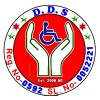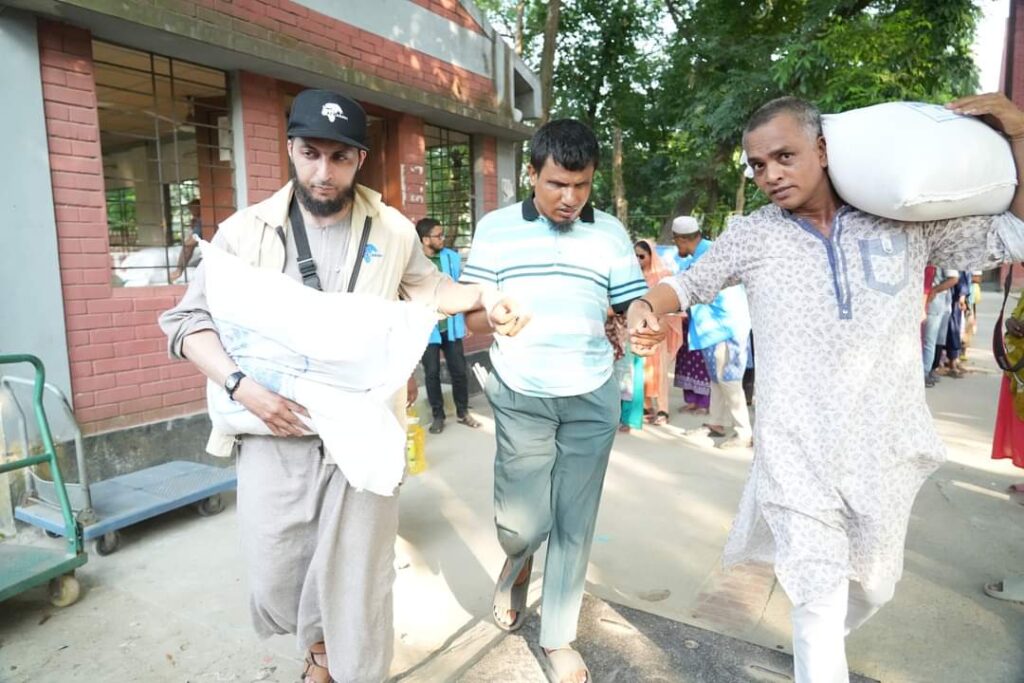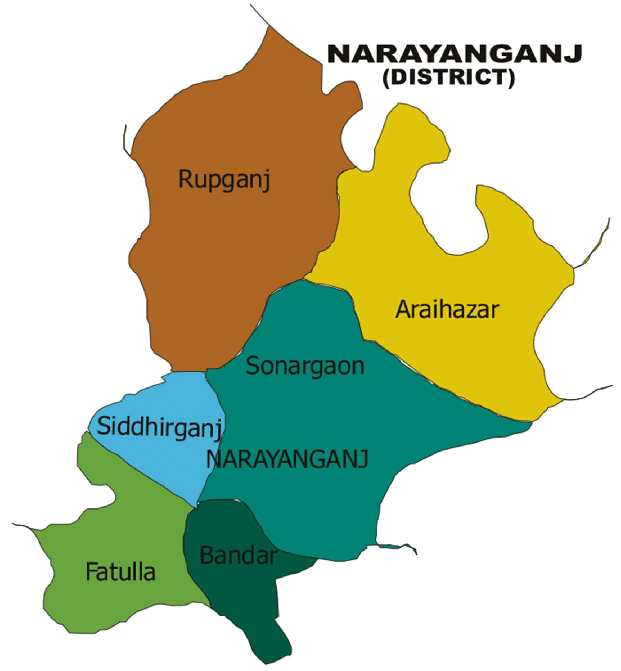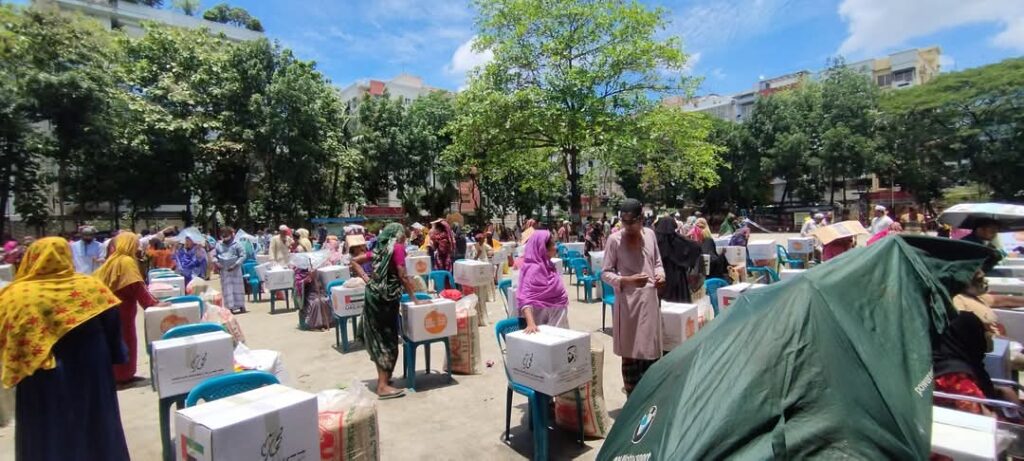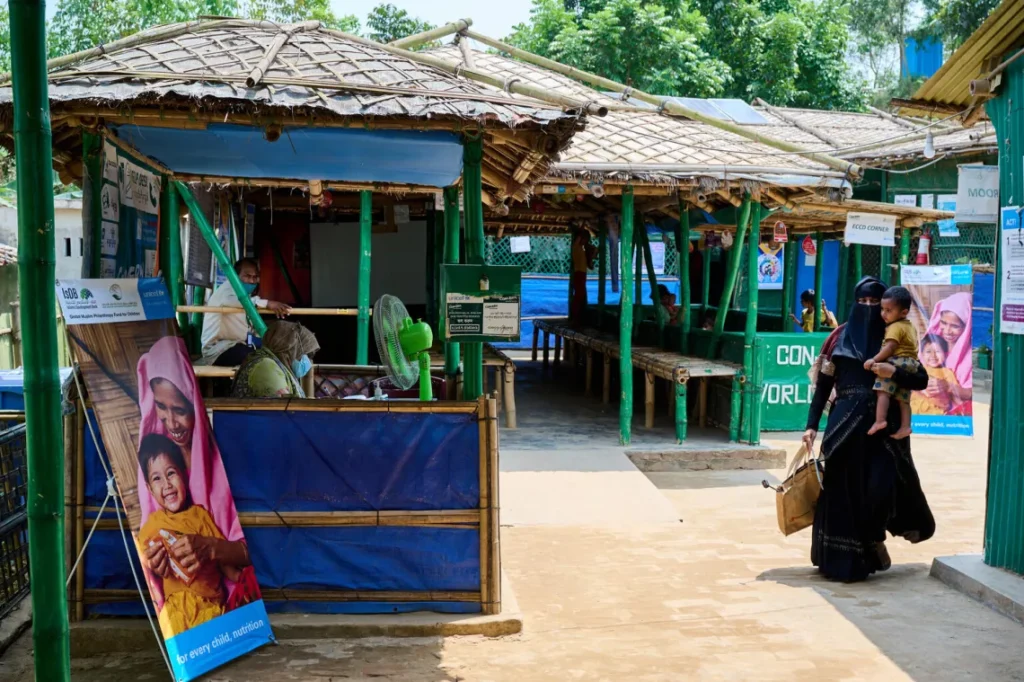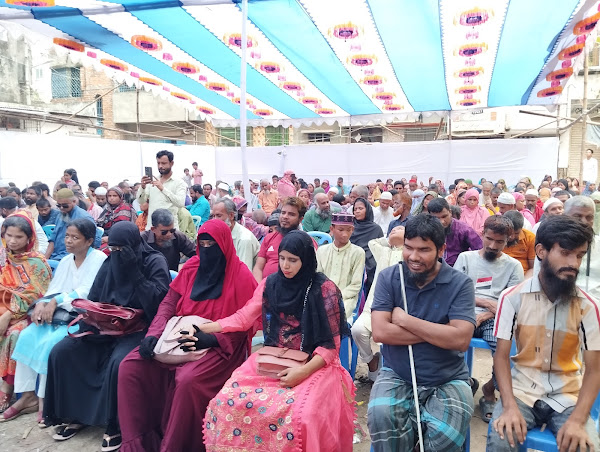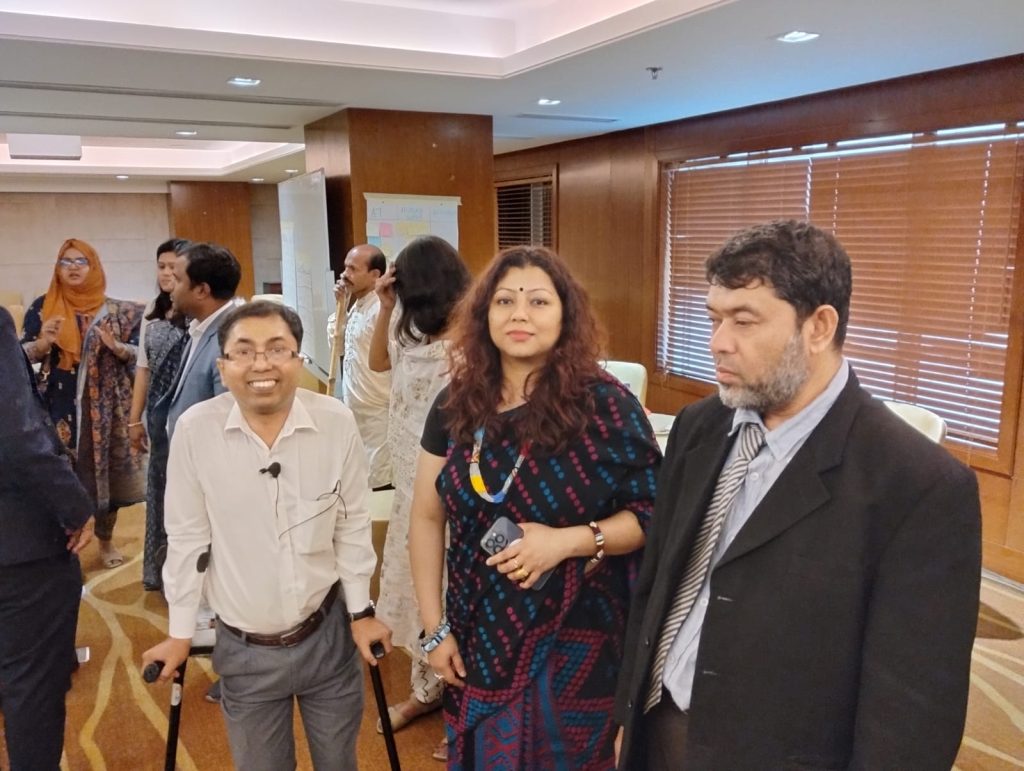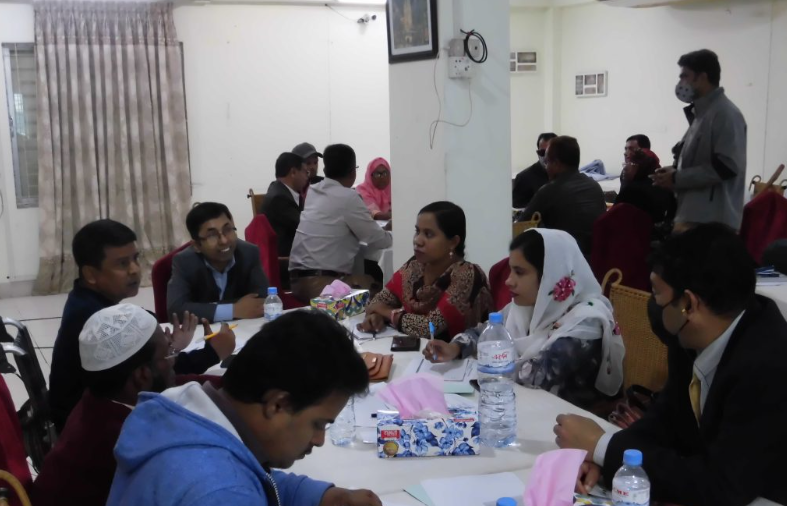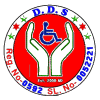Since 2006 , over the years, Disabled Development Society (DDS) has implemented a wide range of impactful activities aimed at improving the lives of disabled persons and disadvantaged communities in Bangladesh. These past initiatives reflect DDS’s commitment to socio-economic development, education, health, human rights, and community empowerment. One of the key areas DDS has focused on is capacity building and skill development. Through numerous training sessions, workshops, and seminars, disabled individuals have gained vocational skills such as handicrafts, small business management, agriculture, and goat rearing. These skills have enabled beneficiaries to generate sustainable income, reduce dependency, and increase their self-confidence. DDS has also been actively engaged in education programs for children with disabilities. This includes providing educational materials, literacy classes, and special education tailored to children with multiple disabilities. Braille libraries and assistive devices have been distributed to ensure that visually impaired children can access learning on an equal footing. In the field of health and nutrition, DDS has conducted awareness campaigns on hygiene, nutrition, family planning, and primary health care. The organization’s health programs have helped improve the wellbeing of disabled individuals and their families by addressing preventable diseases and promoting healthy lifestyles. The society has also played a significant role in human rights advocacy and community sensitization. By organizing rallies, awareness drives, and seminars, DDS has worked to change negative community attitudes towards disability, promote inclusion, and safeguard the rights of disabled persons, especially women and children. Additionally, DDS has implemented various environmental and livelihood projects, such as nursery development, climate change adaptation initiatives, and small-scale fishing projects. These activities not only support the economic stability of disabled persons but also contribute to local environmental sustainability. Finally, DDS has responded to emergencies through relief and rehabilitation efforts during natural disasters, ensuring that disabled and vulnerable populations receive necessary assistance when crises occur.
